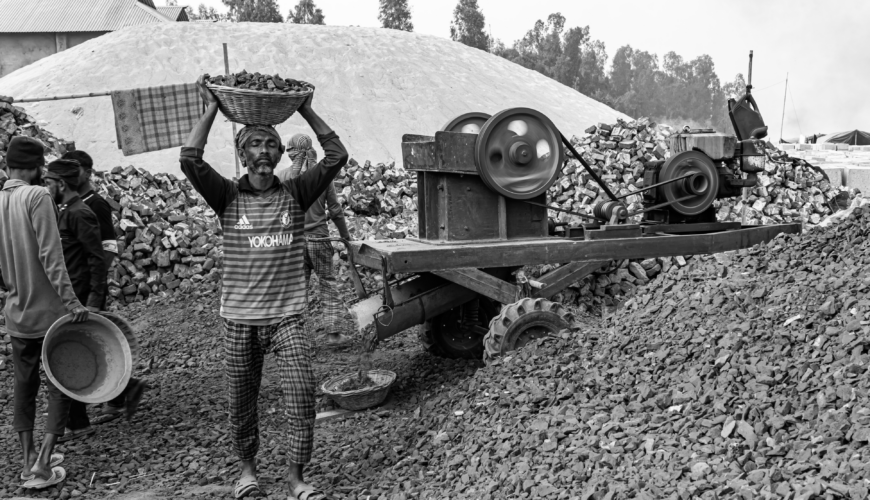A new European-based socially responsible supply chain initiative just got a boost from a host of big new corporate members. Called Telos, the initiative aims to secure five billion euros of procurement spending on social economy businesses across Europe, the Middle East, and Africa by 2030. AstraZeneca, Johnson & Johnson, Siemens & Zurich Insurance, and SAP have all recently announced they will open up their supply chains to social economy businesses.
When companies sign on to provide socially responsible supply chains, they are committing to human rights, which include working conditions, slave and child labor. They also commit to occupational health and safety, as well as sustainable production and environmental practices. Companies may choose to promote volunteerism, make changes to improve the environment, and give to charities. Socially responsible companies aim to promote the well-being of society and the environment while lessening negative impacts on both.
Shareholder value is still part of the equation, but companies providing socially responsible supply chains believe the two go hand in hand. Consumers—especially Gen Z consumers—are increasingly looking to buy goods and services that demonstrate their social responsibility. As more investors buy into the concept of socially responsible supply chains, organizations are seeking to fulfill their mission. Additionally, social responsibility can serve to boost company morale, especially when engaging employees in social causes.
In its efforts to reach the 5-billion-euro goal, Telos has set a goal of bringing in another 50 global corporations from a wide range of industries. The latest round of corporations to join follows a successful two-year pilot program across Europe called Buy Social Europe. To make it as easy as possible for organizations to join the efforts, Telos helps businesses connect with suppliers across Europe, trains their staff, tracks spending, and measures impact. While work is accomplished on an individual corporate level, by acting collectively, Telos hopes the organizations will deliver maximum impact.
The socially responsible supply chain model delivered by Telos involves support on three main levels. These include internal support, external engagement, and collective reporting. The European social economy is made up of businesses that are legally required to report their impacts, a model that remains a long way off in the United States.
When operating, socially responsible organizations support local economies and create jobs for those who otherwise might struggle to find them. By reaching the established goal of 5 billion euros, Telos expects to bring 40,000 new jobs to the European economy. Currently, there are an estimated 2.8 million social economy businesses across Europe, employing 13.6 million people and representing 8 percent of the EU’s GDP. Telos says that by partnering with these socially responsible businesses, companies can ensure procurement spending is investing in positive social and environmental outcomes.
With the announcement of several multinational companies joining the Telos initiative, the socially responsible supply chain model is getting a big shot in the arm. In this big step, Europe cements its role as a leader in the socially responsible arena.


